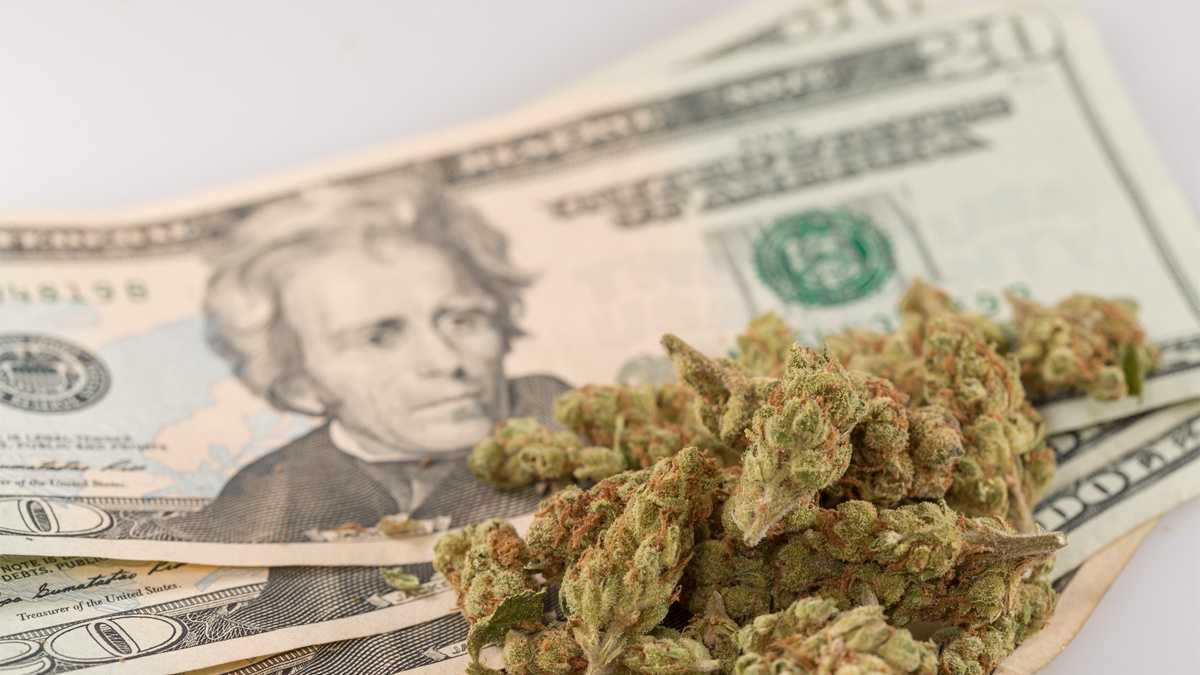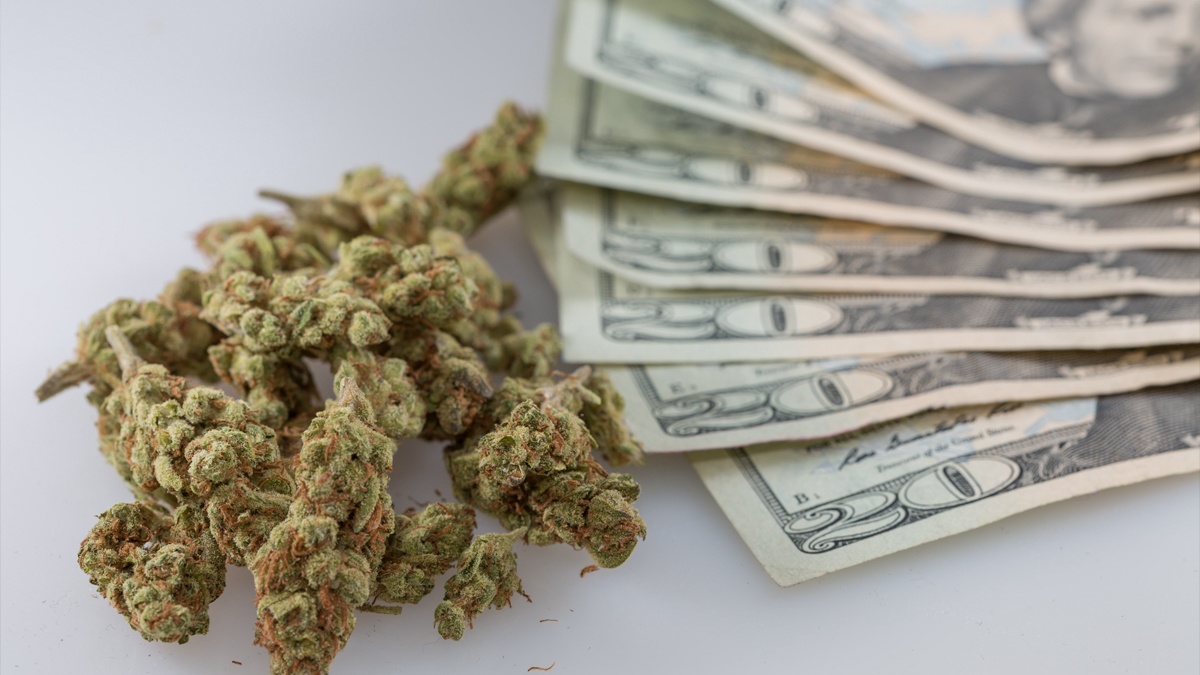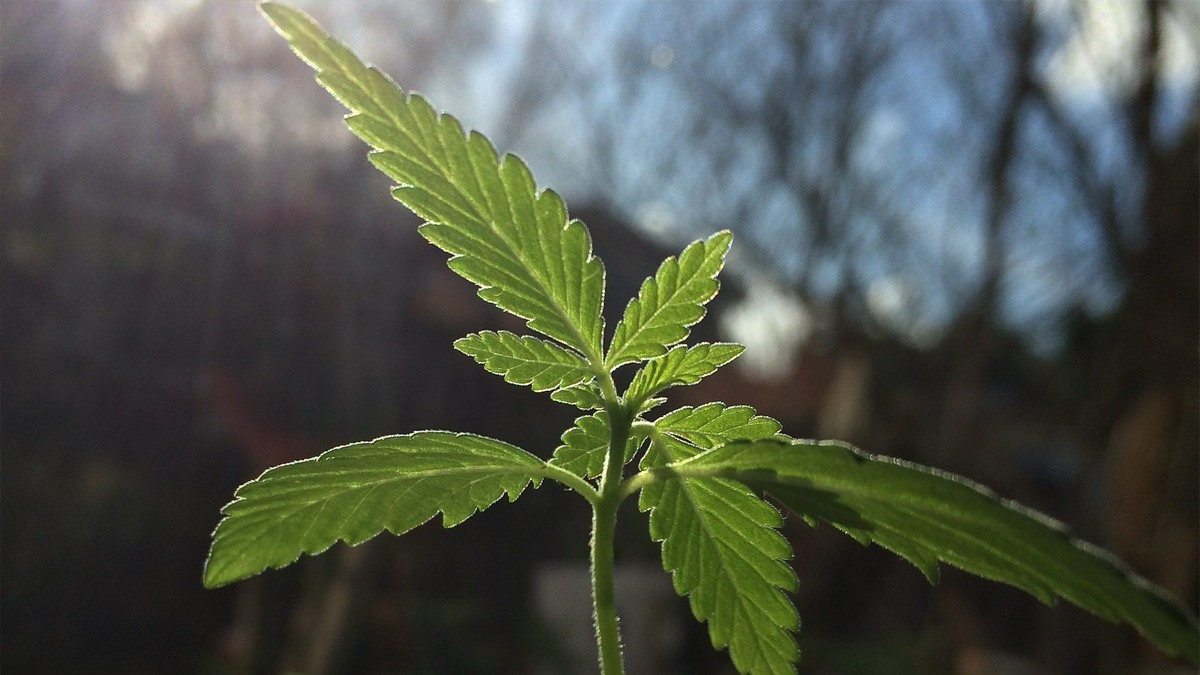
A new study on effects of frequent marijuana use challenges a number of cannabis stereotypes, with researchers finding no association with paranoia or decreased motivation among habitual users. They also found no evidence that marijuana consumption causes a hangover the next day.
Among the results that authors deemed “surprising,” data showed that “when chronic users got high, they were no more amotivated, no less motivated for extrinsic or intrinsic reasons, and no less willing to objectively push themselves.”
Results were more mixed among especially frequent users, however, who reported more negative emotions and greater impulsiveness, but also more motivation.
Authors of the study, published in the journal Social Psychological and Personality Science, said the results overall contained “both expected and surprising findings” that challenge sometimes superficial beliefs about marijuana’s effects.
“Much of this myopia comes from its historical criminalization, preventing a neutral and clear-eyed evaluation of cannabis’s harms and benefits alike,” they wrote. “This led to a distorted view of cannabis and cannabis users, to the point where contemporary ethicists seriously claim that recreational cannabis use is unethical, morally illicit, and never warranted. Such moralization helps clarify why cannabis users are stereotyped as lazy, uneducated, and possibly criminal.”
Despite widespread use of marijuana—the most commonly consumed drug worldwide after caffeine, alcohol and tobacco—along with its growing legal and social acceptance, “surprisingly little is known about its effects among habitual users in everyday life,” wrote the three-author team, from the University of Toronto and Osgoode Hall Law School in Ontario, Canada.
“Here, we focus on what is missing,” they continued, “describing the everyday experience of getting high among habitual users, examining reasons they get high, its possible salutary emotional effects, and its surprising lack of costs to motivation and industriousness.”
Participants in the study—adults 21 and older from the U.S. or Canada who used marijuana at least three times a week for nonmedical purposes—were recruited from Reddit and given a 30-minute baseline survey as well as “brief surveys 5 times a day, between the hours of 10 a.m. and 11 p.m., for 1 week.”
“Contrary to stereotypes, we observed minimal effects on motivation.”
One finding was clear, as the first sentence of the report states frankly: “People like to get high.”
“Not surprisingly, compared with not feeling high, feeling high for chronic users was associated with a host of increased positive emotions such as awe, inspiration, and gratitude, as well as reduced stress and fear at the within-person level,” said the three-author research team. “These emotional results shed some light on the main reason chronic users report using cannabis—because they like the feeling.”
“Interestingly, getting high was not associated with increased suspicion/paranoia among chronic users, contrary to popular depictions and even medical symptom lists,” they wrote, pointing American Psychiatric Association publication from 2013.
While getting high generally was associated with more positive emotions and fewer negative ones among chronic users, it was also linked to lower scores on “momentary conscientiousness”—for example around self control and neatness.
Although “getting high did not impact chronic users’ momentary reports of willpower, responsibility, and industriousness, it did hurt numerous other aspects of momentary conscientiousness,” the study says. “When users get high, they report being more impulsive (lower self-control), less organized and neat (orderliness), more willing to lie to get their way (lower virtue), and less willing to follow societal rules (traditionalism).”
The size of those effects, however, were small. And results showed few lasting emotional effects after respondents’ high wore off.
“At least among chronic users, the effects of cannabis intoxication in the real world are short lived,” the study says, “with little indication of any sort of cannabis hangover a few hours later or the next day.”
“Surprisingly, there was no evidence of a weed hangover.”
Among habitual users, the researchers also distinguished between frequent and less-frequent consumption, though they note that both groups got high regularly.
“Our between-person comparisons are comparing people who are high often (i.e., high on 32% of experience samples, high 4–6 times per week) to people who are high exceptionally often (i.e., high on 96% of experience samples, high multiple times a day).”
Nevertheless, among those who used marijuana most frequently, “the emotional picture looks much less positive.”
“Compared with those who got high less frequently, people who get high very frequently report greater negative emotions across the board, for example feeling more disgust, scorn, fear, and embarrassment. All these were medium-to-large effect sizes.”
The study, of course, cannot determine whether heavy consumers exhibited those emotions because of cannabis use or whether they may have been using marijuana as a result of those feelings.
Especially frequent users also reported less self-control and willpower than less-frequent, but still habitual, consumers. However, they were also more motivated.
“People who get high very frequently (e.g., daily) are not less motivated dispositionally than those who also get high frequently, but relatively less frequently (e.g., weekly),” the study says. “If anything, they are more motivated (at least for external and introjected reasons).”
One limitation of the new research, authors noted, is how participants were selected. “Our participants were recruited from online forums that cater to cannabis enthusiasts and growers, meaning our results might not generalize to novice or to less frequent users,” the study says.
“Not only were our participants very heavy users, but they also needed to show diligence and care to complete an effortful study protocol over 7 days,” it adds. “It is possible, therefore, that our sample was quite conscientious and not representative of the broader population of chronic cannabis users.”
Further, the study did not “compare cannabis users to nonusers, or even frequent to infrequent users.”
“While we think the research here is a real advance over past work given its use of experience sampling, micro-longitudinal design, and a large and diverse sample, it is not without its limitations,” the report says, expressing hope for future research and “shifts in research philosophy that has been too quick to pathologize use.”
The study follows separate research published last December that examined neurocognitive effects in medical marijuana patients, finding that “prescribed medical cannabis may have minimal acute impact on cognitive function among patients with chronic health conditions.”
Another report, published March in the journal Current Alzheimer Research, linked marijuana use to lower odds of subjective cognitive decline (SCD), with consumers and patients reporting less confusion and memory loss compared to non-users.
While the long-term effects of cannabis use are far from settled science, findings from those and other recent studies suggest some fears have been overblown.
A report published in April that drew on dispensary data, for instance, found that cancer patients reported being able to think more clearly when using medical marijuana. They also said it helped manage pain.
A separate study of teens and young adults at risk of developing psychotic disorders found that regular marijuana use over a two-year period did not trigger early onset of psychosis symptoms—contrary to the claims of prohibitionists who argue that cannabis causes mental illness. In fact, it was associated with modest improvements in cognitive functioning and reduced use of other medications.
“CHR youth who continuously used cannabis had higher neurocognition and social functioning over time, and decreased medication usage, relative to non-users,” authors of that study wrote. “Surprisingly, clinical symptoms improved over time despite the medication decreases.”
A separate study published by the American Medical Association (AMA) in January that looked at data from more than 63 million health insurance beneficiaries found that there’s “no statistically significant increase” in psychosis-related diagnoses in states that have legalized marijuana compared to those that continue to criminalize cannabis.
Studies from 2018, meanwhile, found that marijuana may actually increase working memory and that cannabis use doesn’t actually change the structure of the brain.
And, contrary to then-President Trump’s claim that marijuana makes people “lose IQ points,” the National Institute of Drug Abuse (NIDA) says the results of two longitudinal studies “did not support a causal relationship between marijuana use and IQ loss.”
Research has shown that people who use cannabis can see declines in verbal ability and general knowledge but that “those who would use in the future already had lower scores on these measures than those who would not use in the future, and no predictable difference was found between twins when one used marijuana and one did not.”
“This suggests that observed IQ declines, at least across adolescence, may be caused by shared familial factors (e.g., genetics, family environment), not by marijuana use itself,” NIDA concluded.
Ben Adlin via (https://www.marijuanamoment.net/frequent-marijuana-use-doesnt-make-people-less-motivated-or-cause-paranoia-study-finds/)
Keep out of reach of children. For use only by adults 21 years of age and older.













